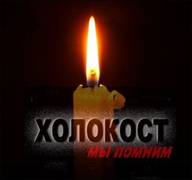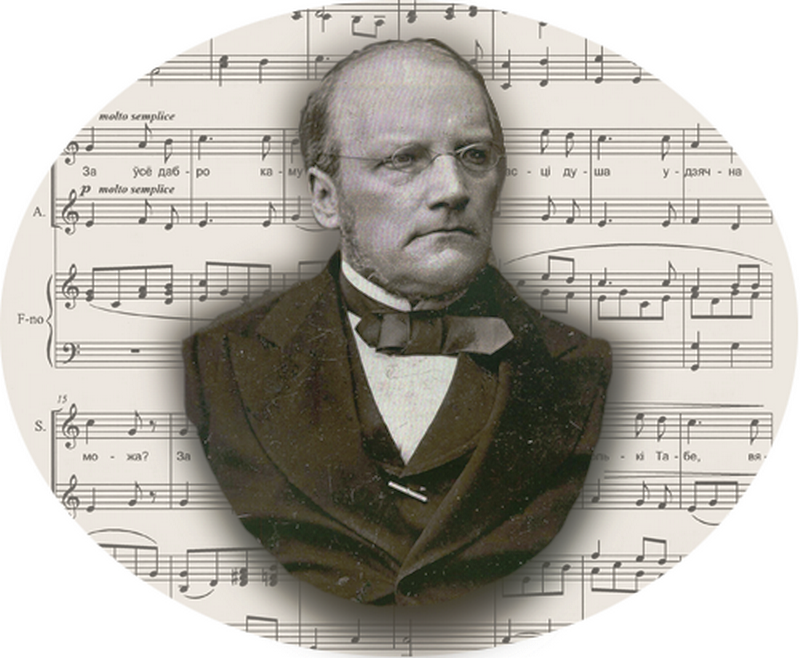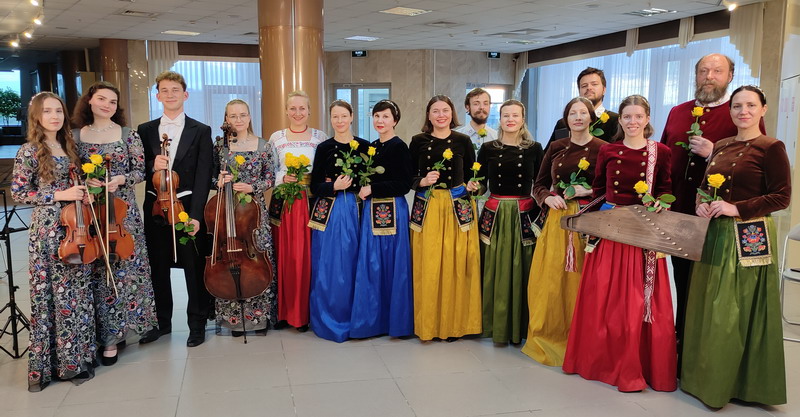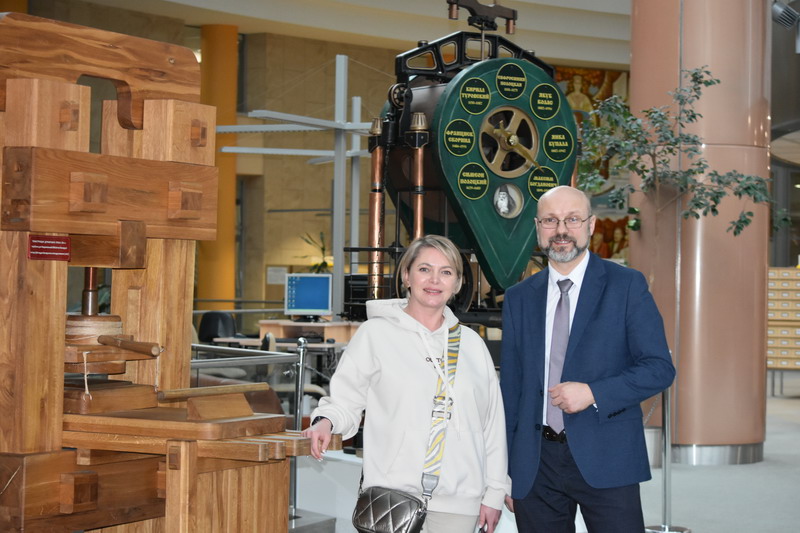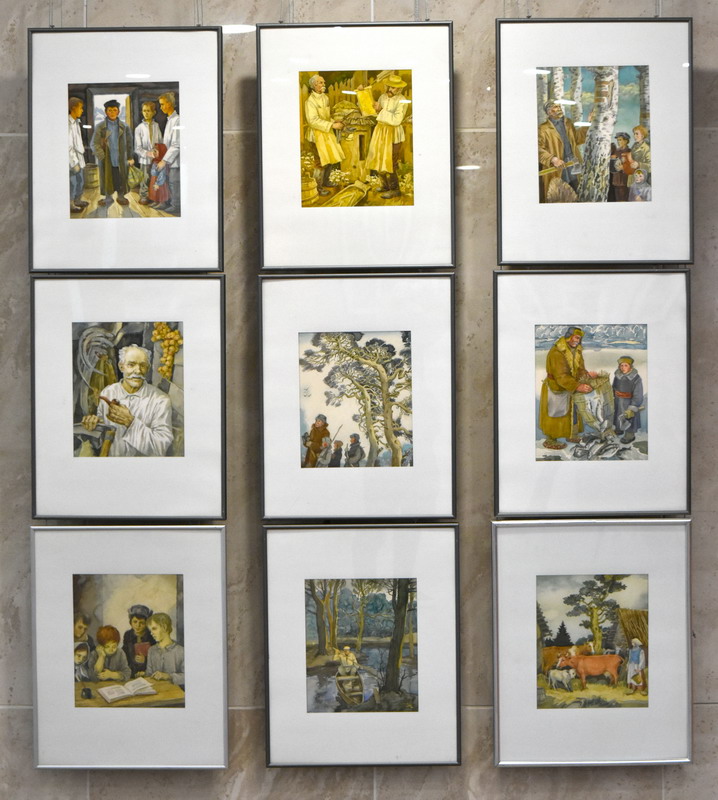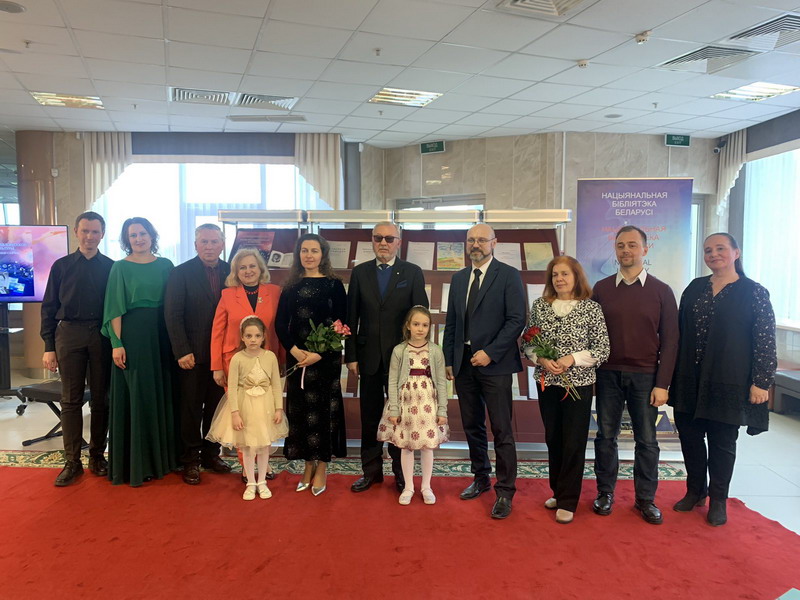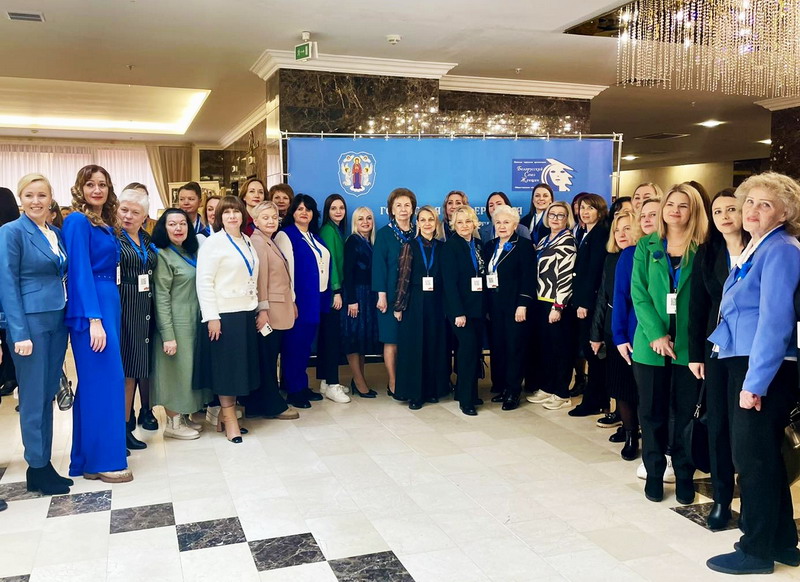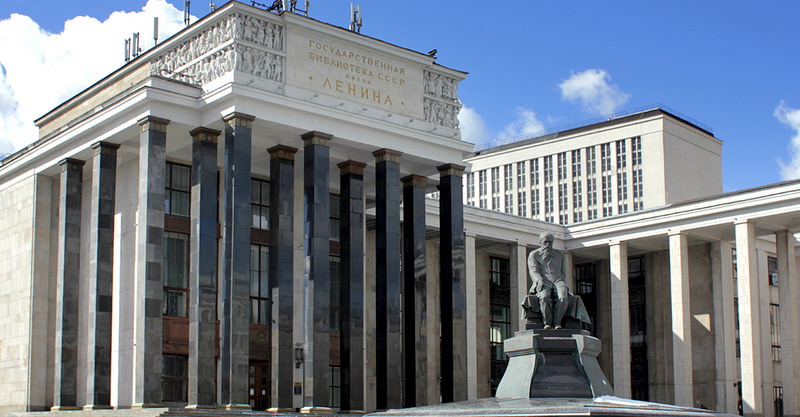From January, 14th, to February, 9th, a book exhibition “Holocaust: a testament to the world” timed to the the International Holocaust Remembrance Day runs in room 207g.
This Day was established on November, 1st, 2005, by the UN General Assembly (resolution 60/7) and is observed annually on January, 27th.
On January 27th, 1945, the Soviet Army librated the largest Nazi death camp Auschwitz-Birkernau (Poland), where, by different estimate, from 1,5 to 4 million people were killed.
The word Holocaust, from the ancient Greek holocaustosis, means “the burnt-offering”, “the destruction with fire”, “the sacrifice”. For the first time this term had been used by wrier Elie Wiesel (born in 1928), the winner of the Nobel Prize for peace, as a symbol of gas chambers and crematoriums in death camps. Today this term means the mass destruction of various social and ethnic groups during the existence of Nazi Germany.
The Holocaust represents a monstrous attempt of Nazis to exterminate completely the Jewish people. Hitlerites had managed to create a vast, well debugged system of human destruction which had never given failures. Ghettos and concentration camps functioned without fail, and uncountable lists of potential victims were created.
The Holocaust is by right one of the most hideous and inexcusable crimes who had ever been accomplished by mankind. Today it is quite difficult to speak about the exact number of victims of the Holocaust. Six million ruined lives are but the standard data. This number appeared in bills of particulars at the Nuremberg process. Six millions are only statistics. It is impossible to measure the grief. Pain, despair, and ruined lives are behind these figures.
The Holocaust which destroyed one third of the Jewish people and a huge number of representatives of other minorities, will always serve as the warning of dangers which hatred, fanaticism, racism and prejudices can generate.
The Holocaust became a turning point in history which made the world tell: “Never again!”. In January, 2005, the United Nations member states summoned the special session of the General Assembly timed to the 60th anniversary of the liberation of prisoners of Nazi death camps. At the session state-members confirmed their adherence to the principle “Never again!” having noted the United Nations’ important role and responsibility for the preservation of the Holocaust memory. At this session it was suggested to found an educational program “The Holocaust and the United Nations” so that the lessons of the Holocaust would be kept forever in the memory of next generations to prevent the acts of genocide in the future.
The program was established by the General Assembly in 2006 and it actively cooperates with partners worldwide, holds international campaigns and seminars, organizes films representations, exhibitions devoted to the Holocaust in the UN headquarters in New York, prepares teaching materials for pedagogies and students. The culmination of the Program is the annual worldwide observance of the International Holocaust Remembrance Day on January, 27th.
The Program closely cooperates with those who have gone through the Holocaust so that their voices will be heard and sound as the warning of the consequences of anti-Semitism and other forms of discrimination. This activity becomes more and more essential as the ranks of those who have gone through the Holocaust are thinning out, and the disturbing growth of anti-Semitism, the Holocaust denial, racism and religious intolerance is observed all over the world.
The offered exhibition totals more than 50 documents in Russian, German and English languages: books, periodicals, brochures and booklets including historical and memoir documents on the Holocaust.
The exhibition will be interesting to historians, specialists in international law, world politics, international relations and human rights, and also university students, postgraduates and professors.
 |
 |
 |
 |

